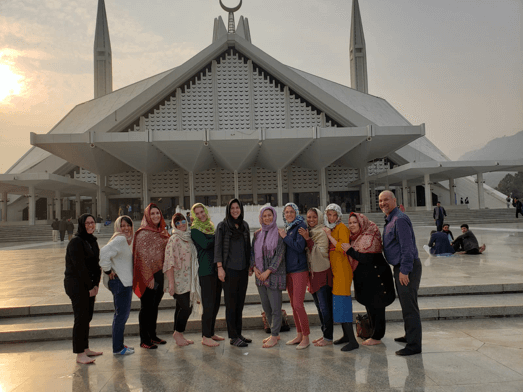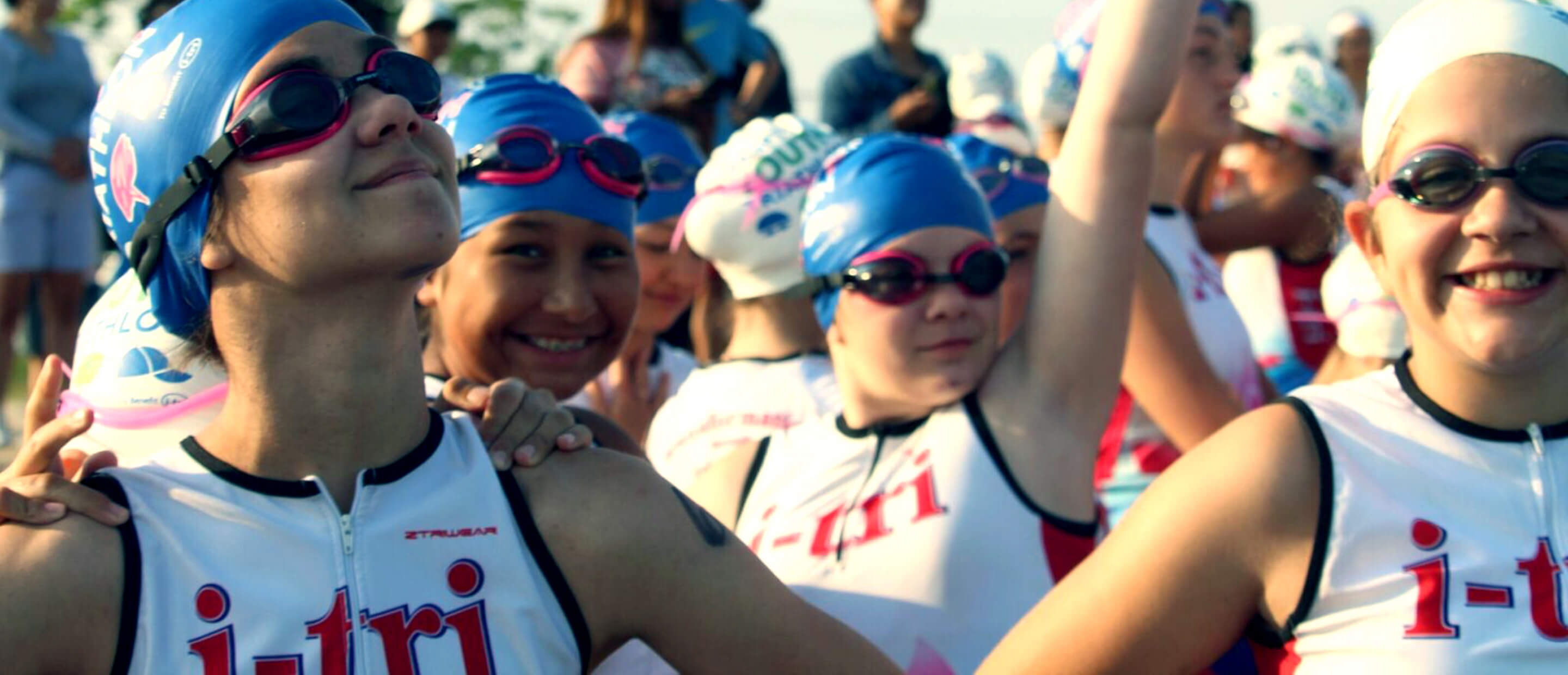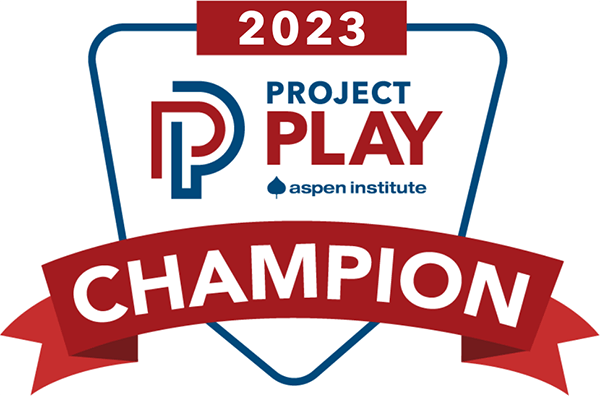Theresa Roden, our founder and executive director, just returned from Pakistan, where she joined 10 US representatives from different sport for youth development agencies as part of an exchange program addressing gender-based violence. This program is organized by Women Win (an international organization and global leader in girls’ and women’s empowerment through sport) in partnership with the US Embassy in Pakistan and Right To Play Pakistan.
This is her story:
“It is difficult to put this experience into words… I arrived exhausted but excited after a 20+ hour journey, just as the sun was rising in Karachi, Pakistan. After quick introductions to the other US delegates we set off to the Aga Khan University where we met with researchers who had conducted a two year study on the issues of Gender Based Violence experienced by the women and girls of Pakistan and the effectiveness of the Right To Play programs in addressing these issues. The problems are vast- some are very similar to what women and girls experience here in the US, child abuse, child sexual abuse, trafficking, prostitution, domestic violence and financial control. Some are shocking and unfamiliar to most of us in the US, such as acid throwing, honor killings, public shaming, forced marriage, child marriage, forced servitude (modern day slavery) and domestic violence perpetrated by Mother in Laws (which is very common and can often result in death). Girls also face barriers to education- especially in areas outside of the cities which are much more liberal.
In a country with all of these challenges to the safety and wellbeing of women and girls, it would be justified to feel overwhelmed by the enormity of the problems… but we were about to embark on a week long experience that filled us with HOPE and ADMIRATION for the incredible work of individuals and agencies throughout Pakistan making a real difference!
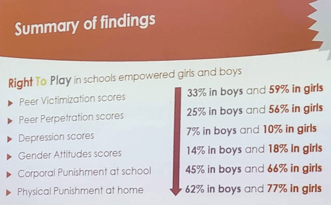
What was incredibly clear was that this is not just a women’s issue- that in order to make Pakistan a safer place for women and girls, men and boys need to be part of the process and the solution. This was demonstrated in the report shared with us at the University which found that for boys and girls that participated in Right to Play programing saw significant drops in corporal punishment at home- that number was 62% for boys and 77% in girls. The program did not engage parents at all- so that finding indicates change is coming from the children themselves bringing what they have learned home and speaking up against corporal punishment from parents.
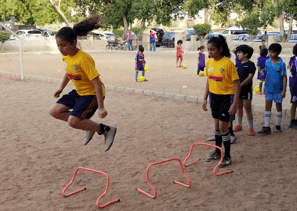
Our next stop was to a soccer program that is tailored for girls but allows boys (related to the participating girls) to attend as well. The kids play on dirt instead of turf, but are excited for the opportunity to learn and play together.
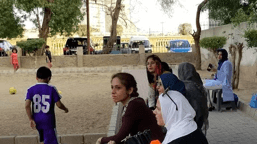
And just like any US soccer field, this one came complete with “Soccer Moms!”
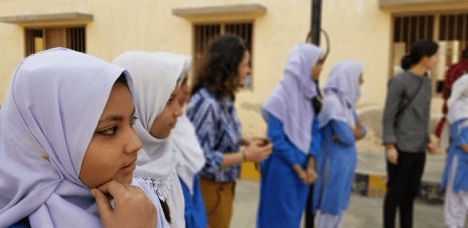
The following day we visited a government school for girls. Private schools in Pakistan can be and are often co-ed, but the government (or public schools) are all single gender. At this school we participated in a game lead by Right to Play Coaches called “My Rights.” It began with the girls brainstorming and calling out their rights- they said things like, “I have the right to an education,” “I have a right to choose who I want to marry,” “I have a right to be safe and not beaten.” Then they played a game where a girl would have to run across the courtyard to a goal without getting tagged by 2 guards. This was very difficult and most of the girls were not successful in reaching their goal. Then they played again- but this time four girls would run together across the courtyard to get to the goal which was still guarded by 2 guards. This time the girls were able to work together and bypass the guards and many were successful in reaching their goal. Following the game the girls came back together to discuss the game and discuss why it had been easier the second time- they were able to see how it is easier when we band together and work in partnership for our rights to attain our goals. Some of the girls shared with us how they had to convince their fathers to let them continue school. It is very common for girls to only attend school through what we would consider 6th grade.
My favorite part of the entire trip came when we went to visit Samreen Sadaf. I had been lucky enough to meet Samreen in Philadelphia this past September when the Pakistani delegation came to the US and she shared with me her love of cycling and her desire to start a cycling program for girls. I encouraged her to visualize this program- what will it look like, what will the participants experience, how will you feel when you see your girls riding? We arrived at the park to meet Samreen and behind her was a banner announcing her Girls Cycling Squad!
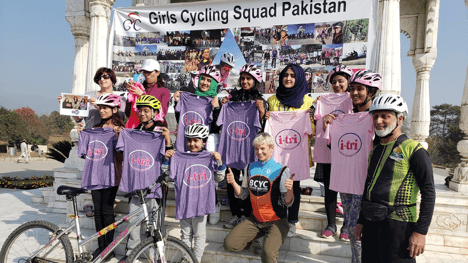
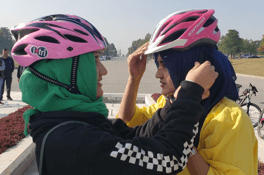
We were able to provide her girls with helmets and i-tri T’s. We fit them on their bikes and gave them a lesson on how to check your tires and your brakes and your gears before you ride. It was such a magical experience- sharing i-tri in Pakistan and seeing Samreen’s vision come to life!
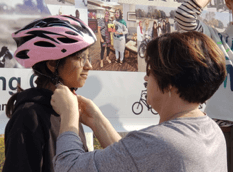
During this visit we heard from two fathers who had brought their girls to the park for the program. Cycling in Pakistan is pretty rare and girls cycling is almost non-existent, so to hear from these fathers that fully support their daughters was another example of hope and a sign of the changes to come!
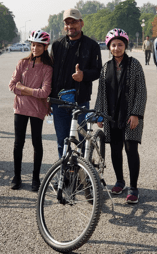
The week ended with a two-day conference which brought together all of the agencies working on addressing Gender Based Violence through sport. We got to interact and collaborate with men and women doing phenomenal work throughout Pakistan and share with them some of the work that we are doing here in the US.
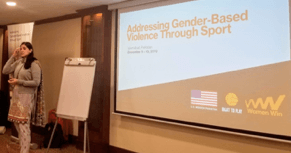
What did I take home from this extraordinary experience? New insights, new friendships, and most of all a sense of hope and encouragement. Good things are happening in Pakistan, the challenges are great but the tide is turning! Girls are becoming empowered, they are educating their parents- especially their fathers, men are becoming more evolved in their thinking and are not threatened by the advancement of women. Social Media is helping to speed up this process and most of all what I experienced is that they more you travel the world, the more you understand that we are all so much more alike then we are different!
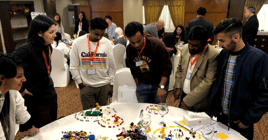
I will forever be grateful to Women Win, Right to Play and the US State Department/US Embassy Pakistan for this once in a lifetime experience!”
